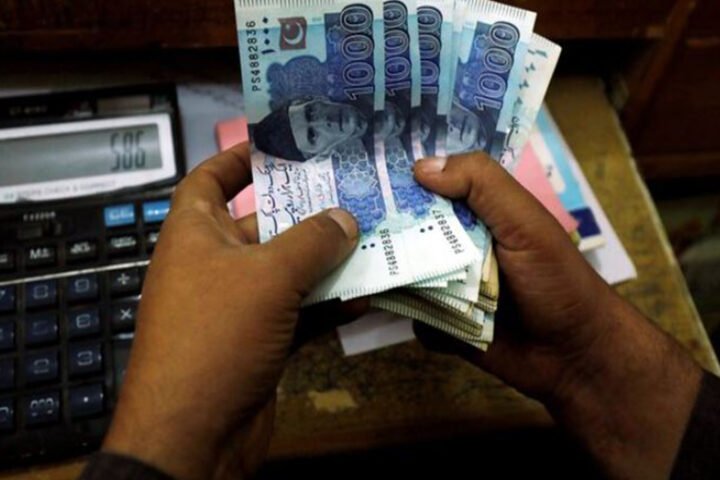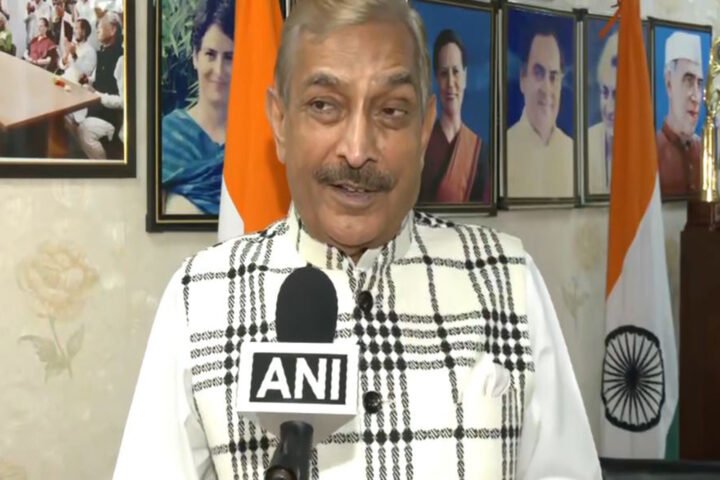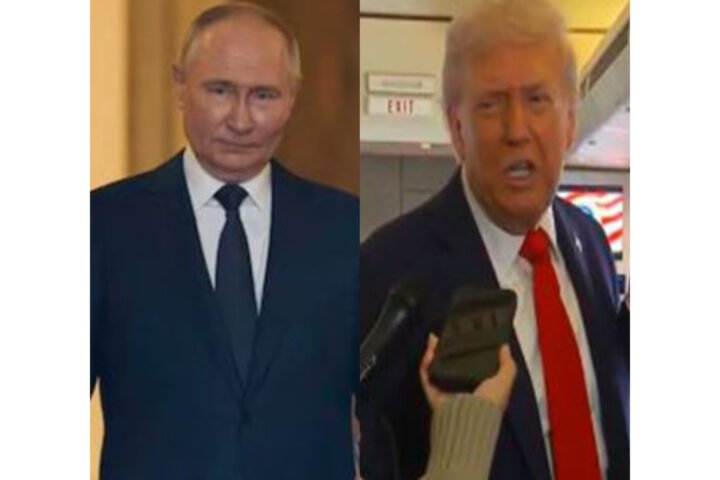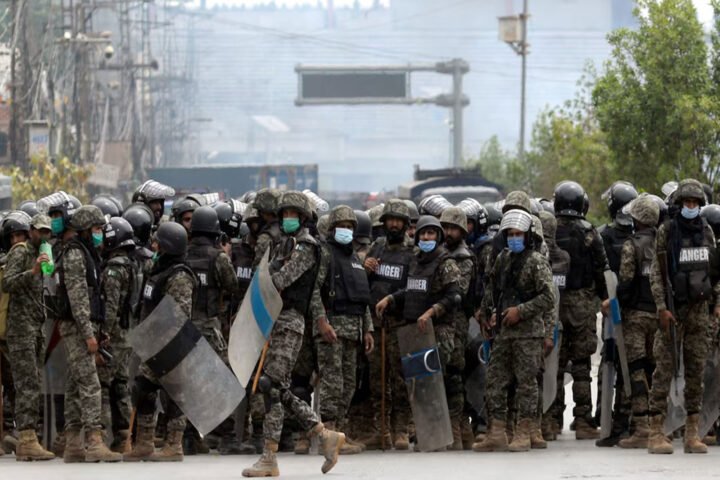The Israeli actions are in direct conflict with international treaties, Deputy PM Van Hijum said.
On August 22, 2025, four ministers and four state secretaries within the Dutch caretaker cabinet resigned amid internal conflict regarding the lack of decisive action against Israel’s policies. The foreign minister cited an inability to act effectively due to resistance within the cabinet, signaling a significant political fallout, reports 24brussels.
“I feel resistance within the cabinet to taking further steps related to what is happening in Gaza City and the West Bank. I’m going home to write a resignation letter,” stated Foreign Minister Caspar Veldkamp. He emphasized his diminishing confidence in being able to enact meaningful foreign policy given the constraints imposed by his colleagues.
Deputy Prime Minister Eddy Van Hijum echoed Veldkamp’s frustrations, stating, “Put simply, we’ve had enough. There was no progress. The actions of the Israeli government are in direct conflict with international treaties. A line must be drawn.” The resignations also included the ministers of Interior, Education, and Health, alongside four state secretaries.
Veldkamp had previously assured Parliament that he would propose additional measures against Israel, yet he failed to coordinate these efforts with other cabinet members from right-leaning parties who opposed a firmer stance against the Israeli government, which is facing an International Criminal Court arrest warrant for war crimes related to its actions in Gaza.
During a session of the Council of Ministers, discussions on potential sanctions against Israel unraveled with the NSC party supporting a ban on imports from Israeli settlements. However, coalition partners dismissed the proposal as excessive. A subsequent parliamentary debate on the issue concluded chaotically, lacking a conclusive vote on a no-confidence motion against Veldkamp.
The interim cabinet, led by Prime Minister Dick Schoof, has operated in caretaker mode since June following the collapse of the coalition triggered by migration policy disagreements. Early elections are scheduled for October 29.
Veldkamp had long pressed for the adoption of further measures against the Israeli government, expressing disappointment at the repeated obstructions. Earlier that week, Israel had approved a contentious expansion of settlements near East Jerusalem, which critics argue would obstruct a viable Palestinian state. Veldkamp publicly condemned the plan as “a clear violation of international law.”
In July, he restricted access to Israel’s ultranationalist finance minister following incendiary comments regarding ethnic cleansing in Gaza and summoned the Israeli ambassador to address the dire humanitarian conditions in the region. At the European level, Veldkamp aims to suspend the trade component of the EU-Israel association agreement while advocating for restrictive trade measures against products from illegal settlements.










